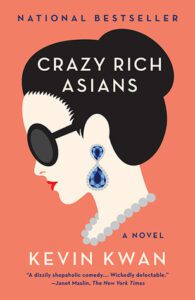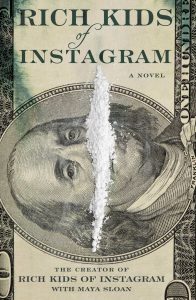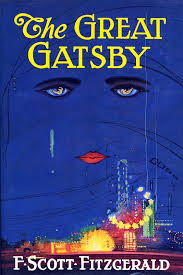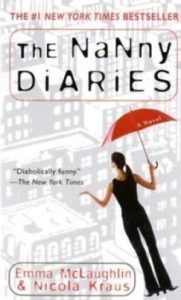Title: Crazy Rich Asians
Author: Kevin Kwan
Page Count: 527 pages
Genre: Satire, Mainstream Fiction
Tone: Humorous, High Drama, Witty
Summary:
Envisioning a summer vacation in the humble Singapore home of a boy she hopes to marry, Chinese American Rachel Chu is unexpectedly introduced to a rich and scheming clan that strongly opposes their son’s relationship with an American girl.
SPOILER WARNING: These book discussion questions are highly detailed and will ruin plot points if you have not read the book.
The Library is happy to share these original questions for your use. If reproducing, please credit with the following statement: 2017 Mount Prospect Public Library. All rights reserved. Used with Permission.
1. What are your thoughts on the title? Did you read it as “Crazy-Rich Asians” or as “Crazy, Rich Asians”?
2. There is an article entitled “A Whole New Wave of Stereotypes”, which discusses the way this book turns some old Asian stereotypes upside down. How do you react to the idea of this book stereotyping?
3. In the Prologue, Reginald Ormsby – GM of a posh London hotel – wouldn’t let Eleanor, Felicity, Alexandra and their families stay at the hotel. What did you think of this opening? This happened in the 80’s; were you surprised by racial implications?
4. What did you think of the characters in this book? Who was your favorite? Who drove you crazy?
5. Were you able to relate to any of the characters? The families? Why or why not?
6. Were you aware of the wealth in Asia before reading this book?
7. As Part Two begins there is a quote from Marco Polo “I did not tell half of what I saw, for no one would have believed me”. Kevin Kwan said in an interview that his editor had him “remove certain parts of Crazy Rich Asians because they were too unbelievable, even though they were grounded in reality”. What did you think of the descriptions of mega wealth in this book?
8. Given the opportunity would you want to live the super rich life style? Do you think it could be stressful?
9. What do you think of the “old money” versus the “new money” divide in this book?
10. Nicholas didn’t feel his money would change his relationship when Rachel found out. What are your thoughts?
11. What do you think of the role women play in this book?
12. Sophie told Rachel, “No matter how advanced we’ve become, there’s still tremendous pressure for girls to get married. Here, it doesn’t matter how successful a woman is professionally. She isn’t considered complete until she is married and has children”. What do you think of this statement and do you think it would ring true in the United States?
13. Do you think any couple in this book has a “good” marriage? Are the relationships different than the average marriage?
14. Rachel goes with Araminta’s friends to her super exclusive bachelorette party, but she does not seem to be accepted by the group. Why do you think that is?
15. What relationship do you think these women have with each other?
16. Was there anything from the bachelorette party that you were fascinated with?
17. What did you think about Colin’s bachelor party?
18. Both Nick and Astrid offered to leave their family for their respective partners. What do you think about this? Can family ever be left behind completely?
19. What did you think about the disclosure of Rachel’s father?
20. How would you characterize Astrid’s friendship with Charlie Wu?
21. Do you think Nick and Rachel get married? Should they?
22. In chapter 16, Dr. Gu, said that Rachel is “a fortunate girl, then, if she marries into this clan”. What do you think about that statement?
23. What did you think about Singapore? Were you curious to learn more?
Want help with your book discussion group? Check out tips, advice, and all the ways the Library can help support your group!
OTHER RESOURCES:
- website of author Kevin Kwan
- Entertainment Weekly interview with Kevin Kwan
- LitLovers discussion guide
- “Crazy Rich Asians is more than Asian enough” via The Washington Post
- “Singapore’s Multimillionaires: New Wealth Report Busts the Myths” via Forbes
- “Crazy Rich Asians Presents A Whole New Wave of Asian Stereotypes” via The Guardian
READALIKES:
Rich Kids of Instagram
by Maya Sloan
The Great Gatsby
by F. Scott Fitzgerald
The Nanny Diaries
by Emma McLaughlin & Nicola Kraus





